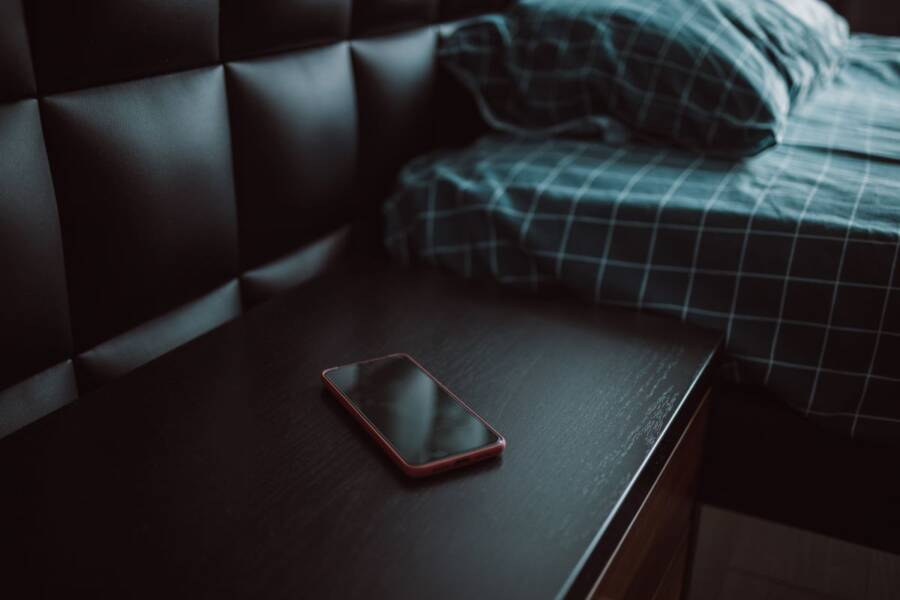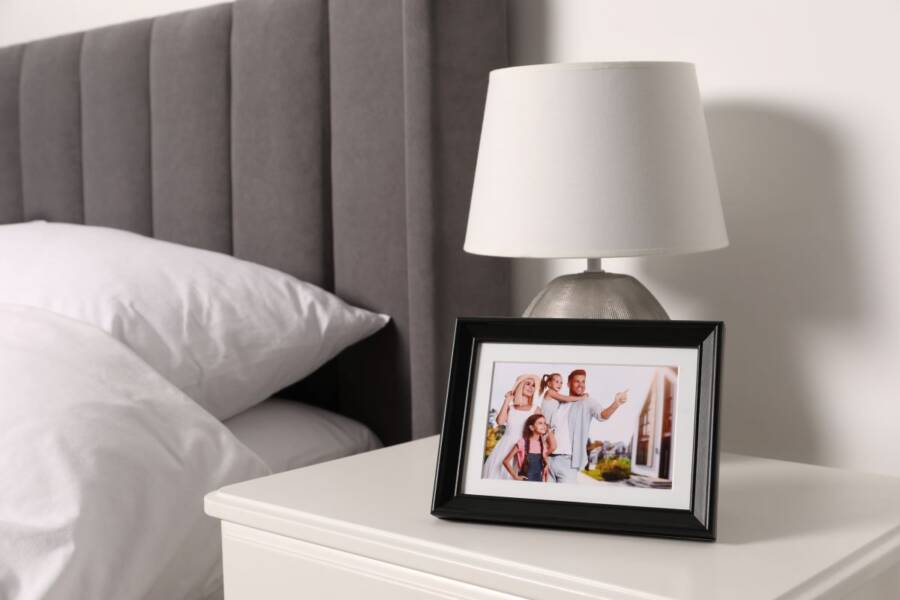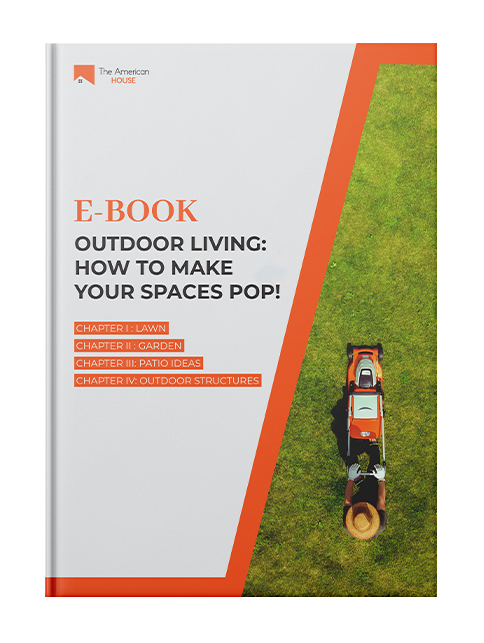With so much going on outside the house, it’s quite pleasant to have a space inside your house where you can forget about everything and just unwind. And what better place to do that than the bedroom. Unfortunately, many bedrooms are so cluttered that are anything but a would-be zen room.
To make sure your bedroom sticks to its function as an oasis of peace, eliminate these 11 items that should be placed anywhere else, expect your bedroom.

Get these things out of your bedroom!
Electronics
Surely, you’ve heard about the blue light that certain electronics, such as TVs, tablets, laptops and smartphones are emitting. According to scientists, blue light increases your alertness and boosts your mood during the day but this is exactly what you do not need during the night.
At night, it can affect your sleep cycle and sleep quality. It is recommended to stop using blue-light devices two or even three hours before going to bed. If it seems too difficult, at least part ways with your smartphone before bed by keeping it out of your bedroom.
Read also: Living Alone? Making These Mistakes Could Jeopardize Your Life
Halogen lights
Halogen lights will be banned from production and sale, as they represent a fire hazard. They are a thing of the past but if you still have halogen lights in your house, it’s better to replace them with LED bulbs.
Do not keep halogen bulbs in the bedroom, and especially in a child’s room whose walls might be covered by wallpaper or fabric.
Read also: Expecting Guests? Here’s What They Usually Notice in a Dirty Home
Space heaters
Cuddling in a comfortable bed, in a warm bedroom in winter is great. But if you’re using a space heater to make your bedroom toasty and warm, you might want to reconsider. Space heaters should always be turned off before going to bed and should never be left unsupervised, no matter what.
If you don’t want an extra reason to worry, just take the space heater out of the bedroom and opt for warmer blankets.
See also:11 Things That Make Your Home an Easy Target for Burglars
Clutter
Clutter can have a serious impact on one’s mental health. Consequently, a cluttered and disorganized bedroom can severely disrupt your sleep cycle. After all, what quality can your sleep have if you are surrounded by piles of clothes, scattered papers and whatnot? Whether you want it or not, your mind will stay focused on the clutter instead of relaxing and preparing itself for sleep.
So, listen to your mother’s advice for once and clean your room. Decluttering will bring serenity back to your bedroom.
Desks
Some people read in bed, and that relaxes them before sleep. Others, on the other hand, work in the bedroom. That’s not exactly something that you should be doing prior to going to bed, as it can triggers feelings of anxiety, stress and other work-related issues.
First thing’s first: get rid of your desk. Its place is not in the bedroom, which is a room that should promote sleep. Take it to a study or the living room, or another room that can be associated with work. According to various studies, working in the bedroom, particularly in bed, causes your brain to disassociate bedroom from sleep. You don’t want that! You want your brain to know for sure that the bedroom is where you go to relax and rest.

Family photos
Close, but no too close. This is a recommended rule when it comes to living close to your family. This is also valid for family photos. It’s nice seeing happy, familiar faces in the living room or entryway. However, feng-shui experts warn against having family photos in the bedroom. The reason is that such photos can induce feelings of obligation, anxiety and other family-related issues that will mess with your sleep and keep you awake.
Food
Breakfast in bed sounds like a wonderful idea. As long as you don’t turn it into an everyday habit. As pleasant as it might be to have a tasty breakfast while still lazily lounging in bed, think of all the crumbs and leftovers that will attract all sorts of pests. Sure, you’ll clean afterwards, but food has a way of hiding itself. Not to mention the smell.
“From a digestive standpoint, lying down or eating when you’re not as erect does not promote peristalsis, and that could contribute to acid reflux, if you’re prone to that,” said clinical psychologist Dr. Michael Brustein. “In terms of conditioning, you want to have your bed trigger sleep and not multiple stimuli,” he added. “So, from a sleep-hygiene perspective, it’s best to keep your sleeping quarters just for sleeping.”
For your sake and for sanitation purposes, eat your food in the kitchen and keep it out of the bedroom.
Extra pillows
For design purposes, pillows, shams and throws might look good on your bed. But when it comes to sleep, having to fight for space with all those pillows and bolsters is not exactly pleasant. To avoid having to remove all those extra decorative items every night, stick to a minimum number of decorative bedding items.
You might have a king size bed, but more than 6 pillows will turn into a crowd. You’re going to throw those pillows on the floor anyway when it’s time for bed, why make an even greater and more-time consuming effort?
Alcohol
Some people say alcohol helps them sleep better. Researchers agree to disagree. According to various studies, drinking right before going to bed can actually affect your sleep cycle and quality by reducing the number of hours of deep sleep. The deep sleep is when your brain and body relax the most, allowing them to regenerate and replenish their energy, store memories and balance hormones.
If you deep sleep is affected, you’ll feel tired the following day. It’s like you haven’t slept at all. So, no more alcohol in the bedroom, unless it’s for other purposes. Wink!
Excessive light
The best alarm clock in the morning is natural light. But if you want to sleep in or just sleep until your real alarm clock starts, then you might want to block out the excessive light coming through your window. To do that, opt for dark, thick curtains that maintain a dim and serene atmosphere in your bedroom. Also, consider dimmable light bulbs that create an environment that encourages sleep.
As explained by Phyllis Zee, neurologist and director of the Center for Circadian and Sleep Medicine at Northwestern University Feinberg School of Medicine, “light is powerful in that it can synchronize rhythms and, at the wrong time, it can desynchronize rhythms. We know that even moderate levels of light at night, like you may see coming in from the windows outside or your night light or hallway light, seems to affect your brain”.
Pets
Pets are cute and all, but allowing them to sleep in bed with you is not the best idea. First of all, pets have different sleep cycles and can easily disrupt yours just when you are cozily settled in dreamland. Secondly, they can leave a lot of hair behind, triggering or aggravating your allergies or asthma.
More than that, they can bring fleas in bed with you, and that’s something extremely difficult to get rid of. Best you can do is cuddle your pets in the living room, or some other space that does not involve you sleeping in it.




